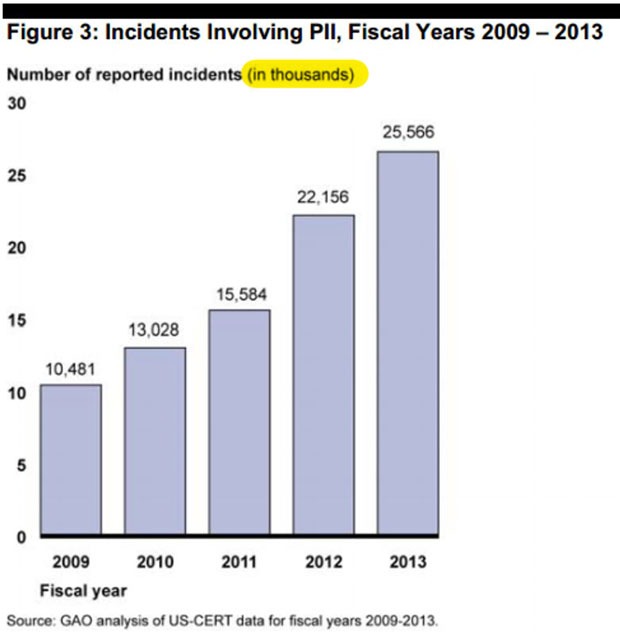The funny bits were very funny indeed, but we tend to forget the never-ending interminable repetitive repetitiveness of a lot of the other material:
Michael Palin has finally admitted what many of us have known in our hearts for some time: a lot of Monty Python‘s material was “crap.”
“People forgive you the things that don’t work. A lot of Python was crap, it really was,” said Palin, yesterday, at the launch of a tour called “Travelling To Work” announced at the London Book Fair.
“We put stuff in there that was not really that good, but fortunately there were a couple of things that everyone remembers while they’ve forgotten the dross,” he said.
Palin is dead right, of course. As a child in the 1970s I remember sitting stony-faced through entire episodes of Monty Python’s Flying Circus. But at the time, and ever since, there has existed a powerful omerta whereby no one can admit to finding Monty Python unfunny for fear of being thought humourless or not part of the gang.
Monty Python‘s inflated reputation derives as much as anything, I think, from a combination of obsessive repetition and peer pressure. That is, a lot of their sketches are not particularly funny in and of themselves, but have been conferred the status of classics as a result of being endlessly repeated by drunken students who brandish their knowledge of Python sketches as a way of acquiring cult credibility.
I know this because it’s exactly what I did myself at university in the mid-Eighties.
Yeah, well, on that last bit all I can say is “All right, it’s a fair cop, but society is to blame”.





